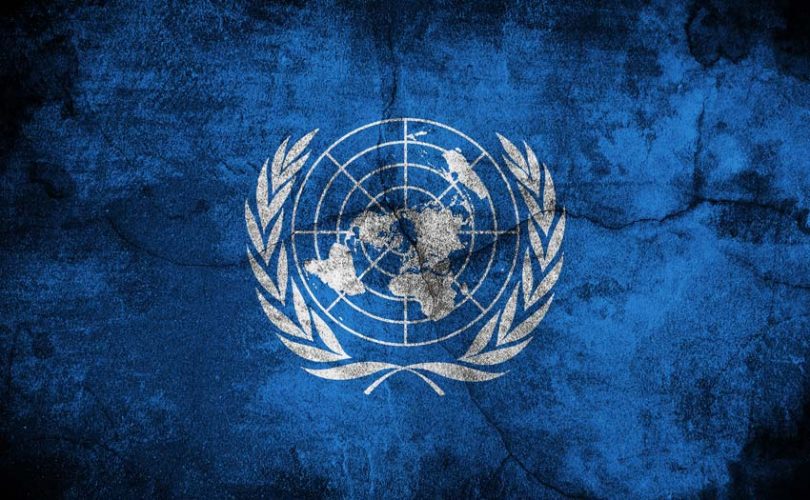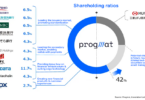Later this month, the UN Human Settlements Programme (UN-Habitat) plans to launch a land registry solution for urban cities in Afghanistan called goLandRegistry. The project is a collaboration with the UN Office of Information and Communications Technology (OICT) and hybrid blockchain platform LTO Network.
The lack of proper land management is one of the most prevalent concerns in many Afghan cities. More than 80% of properties in Afghan cities are not registered with municipal or national land authorities, and residents often lack formal ownership documents. UN-Habitat has been helping to register more than 830,000 properties since 2016. The uncertainty of ownership associated with a lack of proper documentation suppresses real estate investment by households and the private sector.
To address the issue, UN-Habit and OICT signed a Memorandum of Understanding in September of 2019 and USAID funded the Afghan project. The initiative is expected to handle at least one million land parcels.
The blockchain is integrated with the Afghan Land Authority via APIs. When the land registry issues an occupancy certificate, it’s registered on the LTO Network blockchain and an email is sent to the parcel owner. This enables the certificate to be independently verified.
The tool to enable the ownership verification is being open-sourced to allow any country to use it as a blockchain add-on to existing land registry systems.
Fraud and corruption, especially in environments with a lack of clarity over property ownership, are significant issues. Blockchain partially addresses this problem because it ensures the land title won’t be tampered with once it’s on the blockchain. However, someone with the right access to the data could fraudulently change the title before it is added to the platform. Quartz has an excellent article that explores the challenges faced by a land registry blockchain initiative in India due to persistent corruption. It’s conceivable goLandRegistry could face similar issues.
The Indian state of Andhra Pradesh has also adopted a blockchain to prevent tampering with land records. The Quartz article raised concerns that Andrah Pradesh was planning to use a private blockchain. The worry was this could limit landowners’ access to monitor changes made in the records. But it’s possible to give visibility to landowners on a private blockchain. However, the project has a feature that sends a text message to landowners if any changes are made to their land records. If appropriate, owners can file complaints and the official who made the change can be traced through the key used to alter the land records.
Another example of a land registry project is in Tulum, Mexico, which signed a Memorandum of Understanding with Medici Land Governance (MLG) to develop a digital record of land ownership. There are numerous other blockchain projects.






